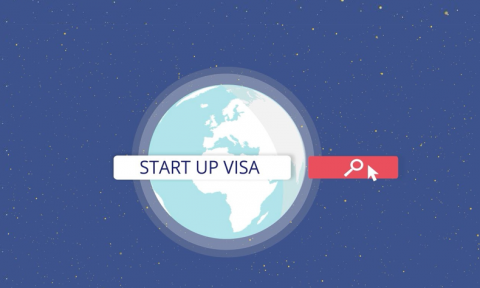1- Work in Canada without a Work Permit
A number of situations may occur when an individual can perform work in Canada without needing to secure a Temporary Work Permit.
An individual who is eligible to work without a work permit may still require a Temporary Resident Visa to enter Canada on a temporary basis.
The following scenarios have been identified as instances where foreign nationals may perform work in Canada without a work permit:
• Business Visitors
• Foreign Representatives and their Family Members
• Military Personnel
• Foreign Government Officers
• American Cross-Border Maritime Law Enforcement Officers
• In-Flight Security Officers
• On-Campus Employment
• Performing Artists
• Athletes and Team Members
• News Reporters, Media Crews
• Public Speakers
• Convention Organizers
• Clergy
• Judges, Referees, and Similar Officials
• Examiners and Evaluators
• Expert Witnesses and Investigators
• Health Care Students
• Civil Aviation Inspectors
• Aviation or Accident Investigators
• Crew
• Emergency Service Providers
• Implied Status
2–Labour Market Impact Assessment (LMIA) Exemptions
In order to bring a temporary foreign worker to Canada, a Canadian employer must generally receive a positive Labour Market Impact Assessment (LMIA). There are several cases, however, where the need for a LMIA may be waived.
Some of the most common LMIA-exempt streams are outlined below. This page is divided into the following sections:
• Significant benefit
• Reciprocal employment
• Charitable and religious workers
• Contact us
Note: Being exempt from obtaining a LMIA does not mean the individual is exempt from obtaining a work permit. All streams on the LMIA exemption list still require the individual to obtain a work permit to work in Canada legally.
3-The Open Work Permit Advantage
Under Canadian immigration regulations, foreign spouses and common-law partners of temporary foreign workers and foreign students, who themselves want to work in Canada, will need an open work permit.
Open work permits are also available through the Post-Graduation Work Permit Program for international students.
In addition, a pilot program introduced in December, 2014, allows spouses and common-law partners being sponsored through the Inland Spousal/Common-Law Partner Sponsorship Category of the Family Class to be granted an open work permit while the application for permanent residence is being processed.
The holder of an open work permit can work for any Canadian employer, without first having a confirmed offer of employment. An open work permit is not job-specific.
Under Canada immigration regulations, open work permits may be applied for by:
• the spouses or common-law partners of foreign temporary workers;
• the spouses or common-law partners of foreign students;
• international students who have graduated from a Canadian post-secondary institution.
Work permit










